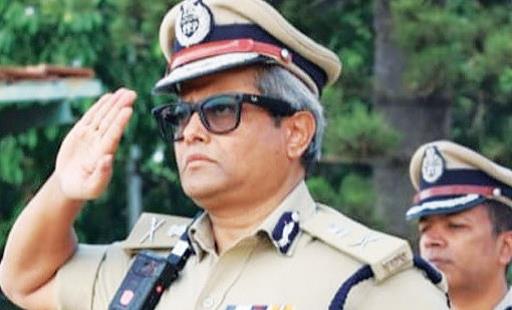
Docs, experts advocate blood and organ donation on World Red Cross Day
Sowmya Raju | NT
Bengaluru: Every year on May 8, the world celebrates World Red Cross Day and Red Crescent Day, honouring the principles of the International Red Cross and Red Crescent Movement.
These organisations spread hope and compassion, providing aid to those in need regardless of nationality, race, religion, or political beliefs.
It is crucial to recognise the impact individuals can make through blood and organ donation.
Importance of blood donation
Dr Shital Acharya, a Consultant Pathologist and blood bank officer at Aster Whitefield Hospital in Bengaluru, emphasises the critical role of blood donation in saving lives.
Each drop of donated blood holds the potential to be a lifeline for someone in dire need, whether in emergencies, surgeries, or ongoing medical treatments.
However, despite the pressing demand, India faces a staggering deficit of three million units of blood annually, as reported by the World Health Organisation.
The significance of blood donation extends beyond immediate relief; it also benefits the donors themselves.
Dr Shital Acharya added, “Regular blood donation helps reduce the concentration of iron in the bloodstream, promoting better health outcomes. However, donors need to meet specific criteria outlined by blood banks, including age restrictions, minimum weight requirements, and freedom from certain medical conditions or infections.”
Dr Acharya advises potential donors to prioritise their health, abstaining from donation if they're unwell or recovering from illness.
Hydration and a light meal before donation are recommended to prevent discomfort and ensure a smooth process.
By adhering to these guidelines, individuals can contribute to a sustainable blood supply chain, saving countless lives.
Significance of organ donation
Dr. H. Sudarshan Ballal, a prominent Consultant in Kidney Transplantation and Nephrology, and the Chairman of Manipal Hospital - Stempeutics Research Pvt Ltd in Bengaluru, shared insights on kidney transplant and said, “There are approximately 800 accidental deaths in Bengaluru every year, with at least 50% of them resulting in individuals with brain death. If 10% of these cases agree to donate their kidneys, we could potentially have 80 donors and 160 kidneys. Despite challenges in the medical and governmental processes, families, even amid difficulty, should consider organ donation as a means of giving life to others.”
Dr Topoti Mukherjee, Lead Consultant in Nephrolo g y and Kidney Transplant at Aster Whitefield Hospital sheds light on the transformative impact of organ donation.
For individuals facing organ failure, a transplant represents a second chance at life. The organ demand far surpasses the available supply, leading to prolonged suffering and loss.
Deceased donors have the potential to save up to eight lives by donating organs such as kidneys, liver, heart, and lungs, along with tissues like corneas that restore vision.
By registering as organ donors, individuals can bridge this gap, offering hope to those awaiting life-saving transplants.
However, stringent health evaluations are imperative to ensure the suitability of organs for donation, safeguarding both donors and recipients.
 English daily published in Bengaluru, Doha
English daily published in Bengaluru, Doha







Comment